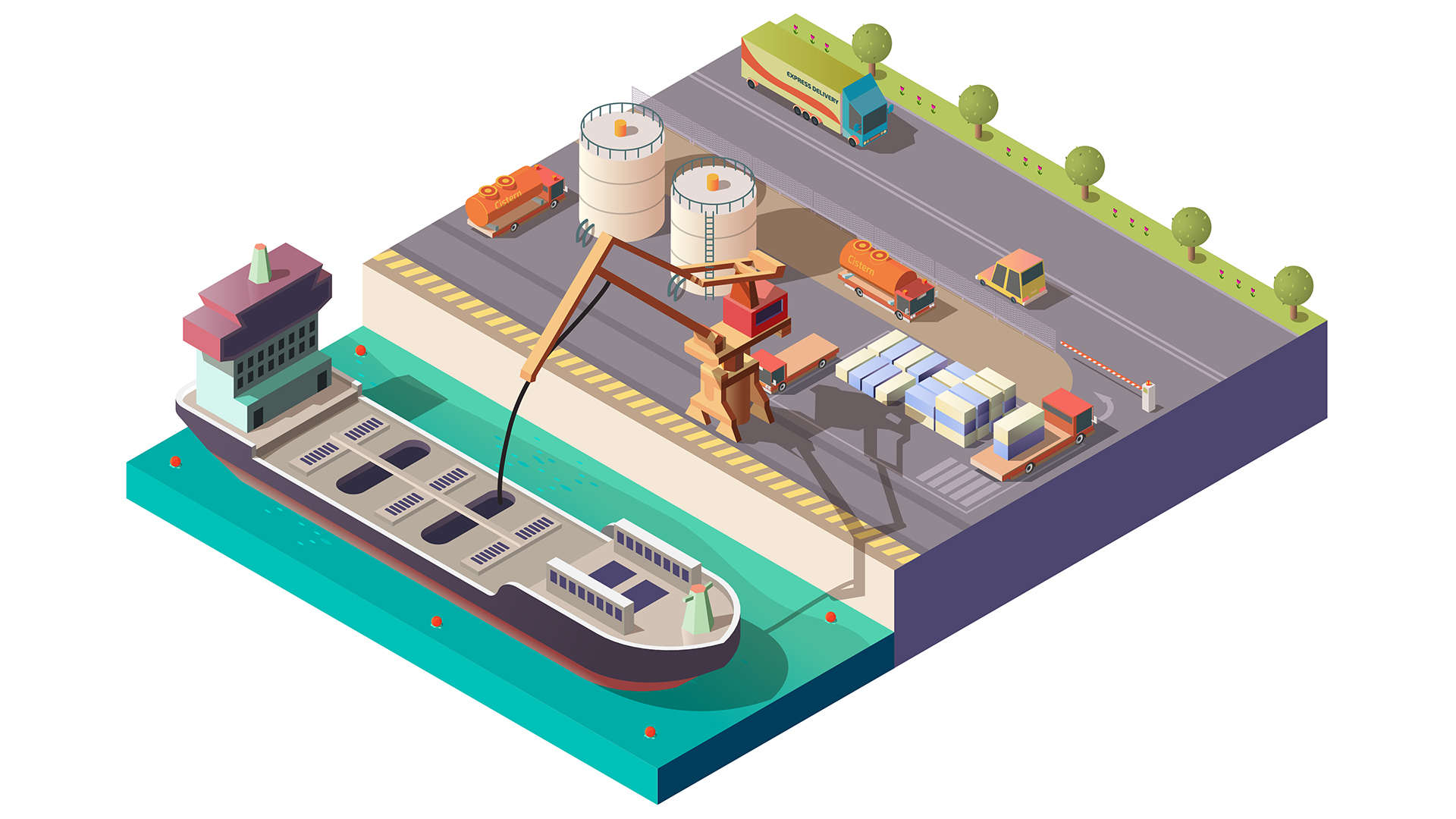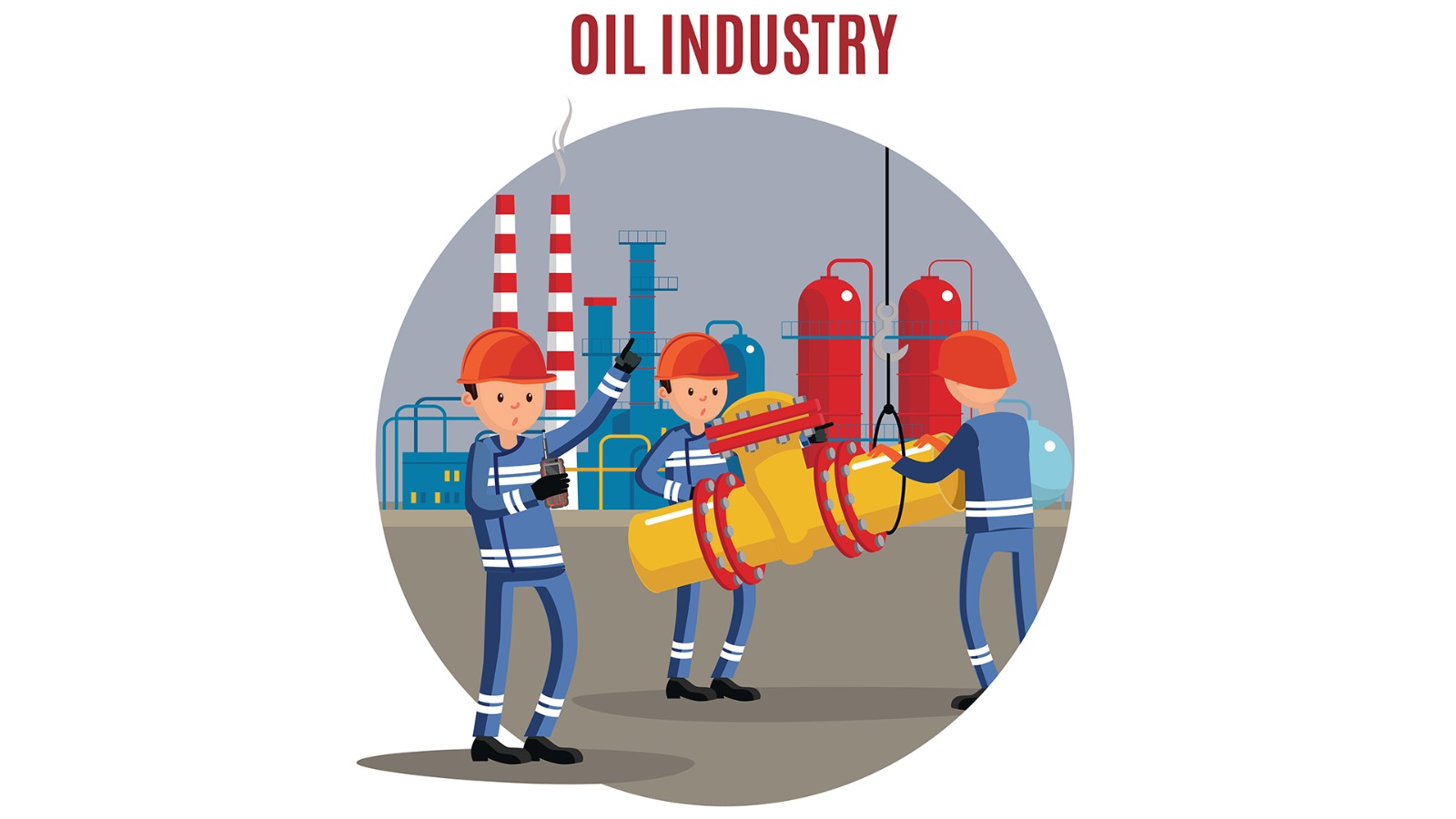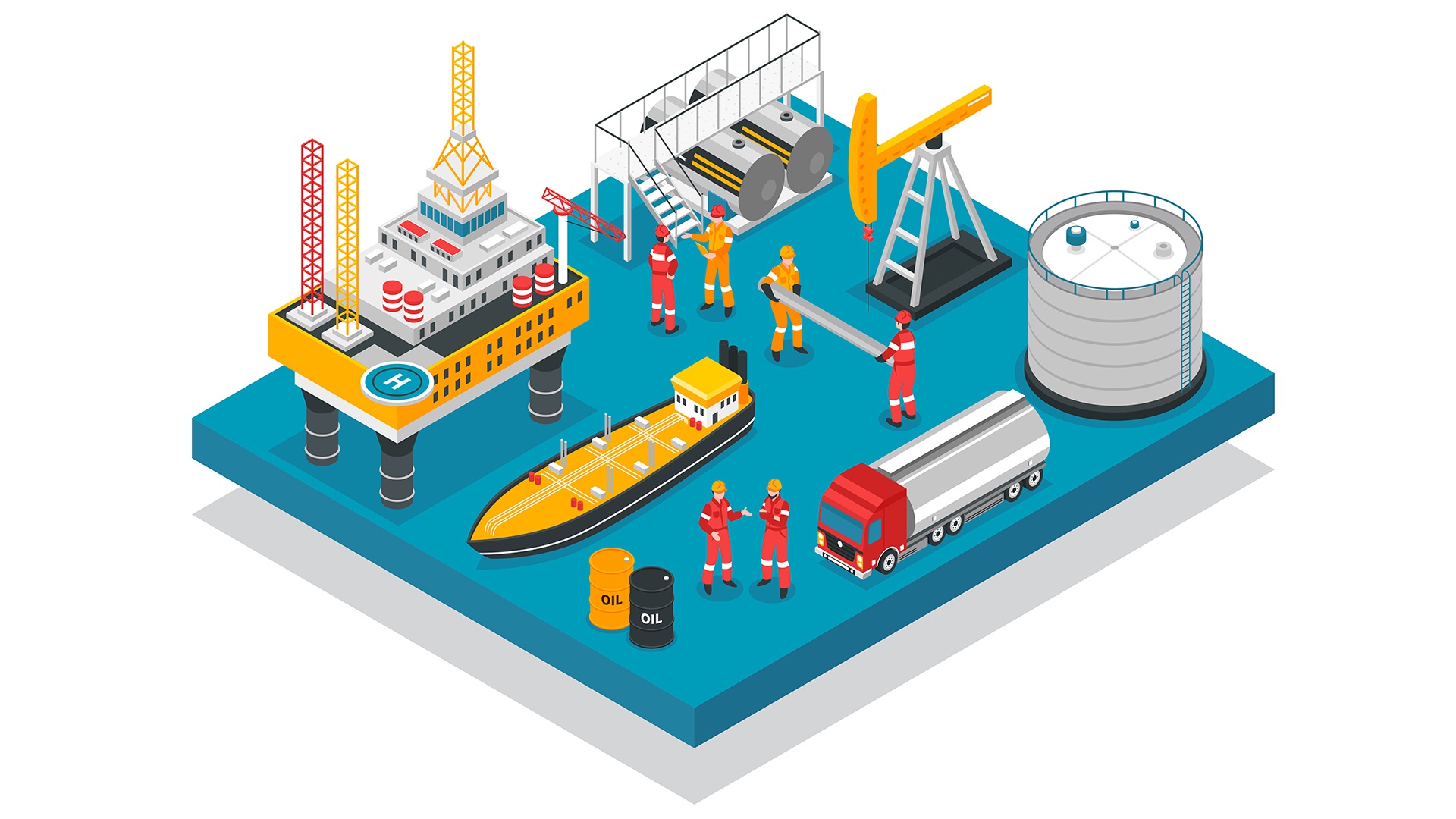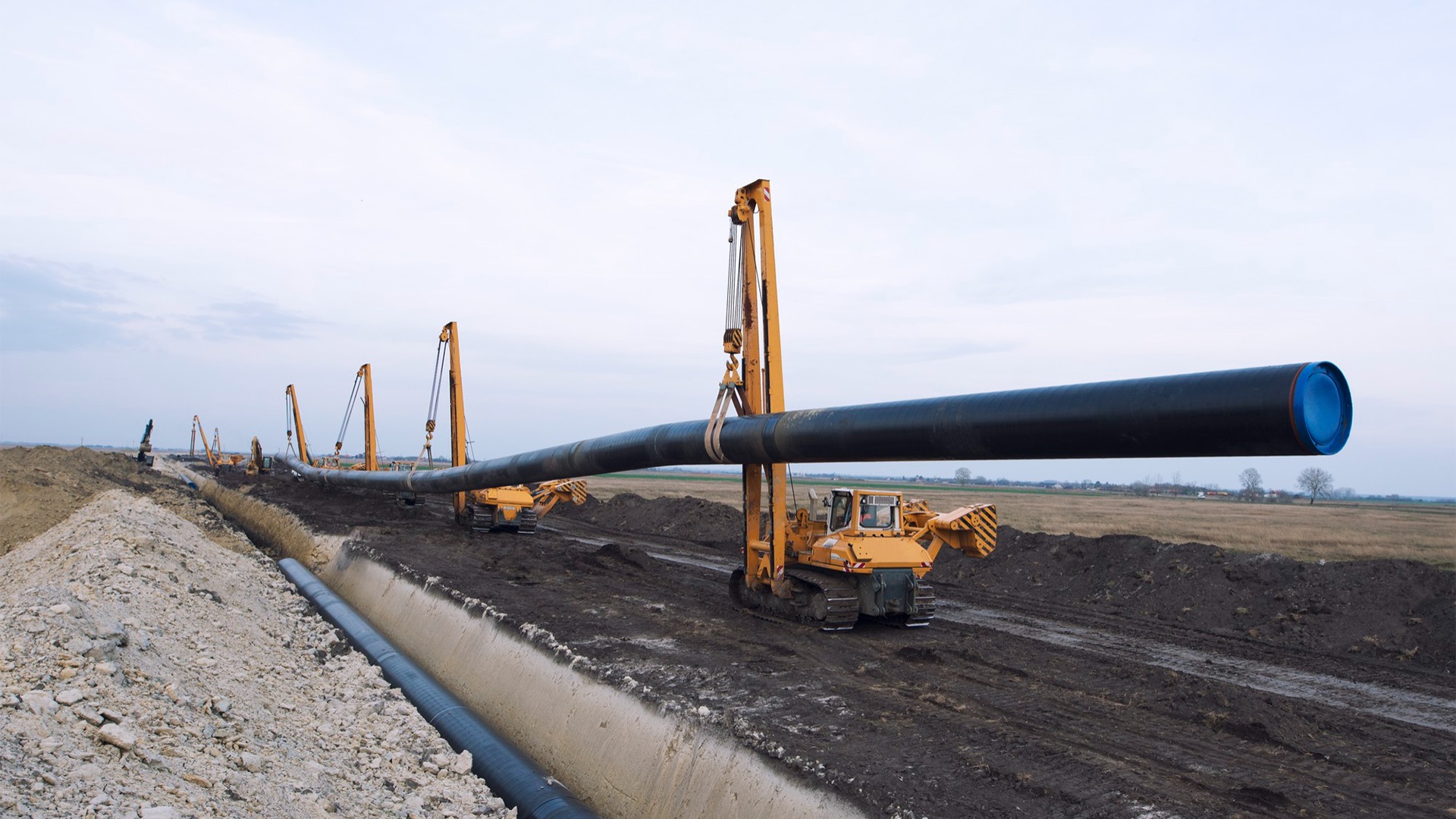
Control Your LNG Vessels & Bunkering Facilities
Course overview
Management of the LNG fleet and transportation encompasses every step of delivering LNG to locations based on demand. Given the expanding demand for LNG globally, a country’s prosperity depends heavily on the transportation of LNG and all connected issues.
A thorough examination of numerous factors is necessary for effective fleet and transportation management, including fleet quality, safety regulations, managing timelines and schedules, carrier designs, laws and policies, etc. Due to its superior safety and environmental friendliness, LNG is one of the most favored energy sources. In turn, its carriers must be effective, secure, of a specific design, and adhere to pertinent criteria.
With the help of this LNG Fleet and Transportation Management course from Zoe Talent Solutions, you’ll gain a thorough understanding of all the important facets of LNG fleet and transportation management.
A few crucial details about specific carriers, tankers, and bunkering facilities are also covered in the LNG Fleet and Transportation Management course. These elements are crucial to the total transportation of LNG.
Participants potential and professional portfolio will be enhanced, allowing for faster progress, by the skills and competencies you will acquire through this LNG Fleet Management program. These responsibilities involve the transportation of LNG to locations as needed.
Introduction
The safe and effective transportation of LNG from production facilities to end users is a crucial part of the global energy supply chain. This is done through the management of the LNG fleet and transportation. Transported in specialized containers, vessels, tankers, and ships, LNG is a flexible and eco-friendly energy source. For these ships to be refueled, bunkering facilities are necessary, assuring a steady flow of LNG.
In conclusion, LNG Fleet and Transportation Management is essential to the world energy sector. For a cleaner energy source to be delivered to various end users, the safe and effective transportation of LNG via carriers, vessels, and bunkering facilities is crucial. To meet the rising demand for LNG as a cleaner energy option, this intricate system is dependent on cutting-edge technology, stringent regulations, and a dedication to environmental sustainability.
We are The Training Bee, a global training and education firm providing services in many countries. We are specialized in capacity building and talent development solutions for individuals and organizations, with our highly customized programs and training sessions.
Learning Objectives
Upon completing LNG Fleet and Transportation Management – Liquefied Natural Gas Carrier, Vessel, Tanker, Ship & Bunkering Facilities, participants will be able to:
- A thorough knowledge of managing the LNG fleet and transportation.
- Possess the necessary knowledge and abilities to oversee all aspects of transportation needed to deliver LNG to locations where it is needed.
- The essential knowledge and comprehension of the laws, regulations, procedures, etc. involved in the transportation of LNG from one location to another, particularly across borders.
- When transporting LNG, understanding various carriers and their designs is necessary due to various criteria and needs.
- Awareness and commitment to follow all recommended safety procedures for the management of all modes of transportation.
- The self-assurance and expertise to instruct other aspiring professionals on crucial facets of managing LNG fleet and transportation
Our Unique Training Methodology
This interactive course comprises the following training methods:
- Journaling – This consists of setting a timer and letting your thoughts flow, unedited and unscripted recording events, ideas, and thoughts over a while, related to the topic.
- Social learning – Information and expertise exchanged amongst peers via computer-based technologies and interactive conversations including Blogging, instant messaging, and forums for debate in groups.
- Project-based learning
- Mind mapping and brainstorming – A session will be carried out between participants to uncover unique ideas, thoughts, and opinions having a quality discussion.
- Interactive sessions – The course will use informative lectures to introduce key concepts and theories related to the topic.
- Presentations – Participants will be presented with multimedia tools such as videos and graphics to enhance learning. These will be delivered engagingly and interactively.
Training Medium
This LNG Fleet and Transportation Management – Liquefied Natural Gas Carrier, Vessel, Tanker, Ship & Bunkering Facilities training is designed in a way that it can be delivered face-to-face and virtually.
Course Duration
This training is versatile in its delivery. The training can be delivered as a full-fledged 40-hour training program or a 15- hours crash course covering 5 hours of content each day over 3 days
Pre-course Assessment
Before you enroll in this course all we wanted to know is your exact mindset and your way of thinking.
For that, we have designed this questionnaire attached below.
- How does LNG vary from other types of natural gas and what does it mean to be LNG?
- What are the liquefaction and regasification procedures for transporting LNG?
- List a few typical applications for LNG in different sectors.
- Describe the various LNG transportation methods, such as LNG bunkering facilities, LNG carriers, and pipelines.
- What are the benefits and drawbacks of every mode?
- Are you aware with the rules and safety measures pertaining to the transit of LNG? If so, kindly give further information.
- Which international agencies or organizations are in charge of enforcing LNG safety and regulations?
- Describe the main variations among several kinds of LNG carriers, including membrane tanks, Moss-type tanks, and GTT Mark III tanks.
Course Modules
This LNG Fleet and Transportation Management – Liquefied Natural Gas Carrier, Vessel, Tanker, and Ship & Bunkering Facilities covers the following topics for understanding the essentials of the Agile Workplace:
Module 1 – LNG tanker components
- Boiler room
- Pump room
- Double hull
- Bow thrusters
- LNG storage tanks
Module 2 – Various LNG cargo tank types
- Membrane
- Moss
- Prismatic
Module 3 – The Types of Potential Risks during LNG Transportation
- Toxicity
- Flammability
- Frostbite
- Asphyxia
Module 4 – Detailed Overview of LNG Carrier Features
- Trade mode alterations
- Problem with boil-off gas
- The containment system has evolved.
- Regulatory structure
Module 5 – Options for LNG Carriers’ Propulsion
- Turbines for steam
- Plants that use both diesel and electricity
- Diesel engine with two strokes and a slow speed (with a re-liquefaction facility)
- Dual-fuel, low-speed engine
- COGES initiation
- Propulsion Stage
Module 6 – LNG characteristics
- Composition
- Physical and chemical attributes
- Unsafe characteristics
Module 7 – Methods for Bunkering LNG
- Truck-to-ship
- Ship-to-ship
- Port (Terminal) to Ship
- ISO ship-container
Module 8 – Infrastructure and Equipment for LNG Bunkering
- The LNG feeding ships
- Bunker vessels for LNG
- Bunker barge for LNG
- Tanks and containment systems for LNG
- Gas trucks
- LNG tanks in ISO
- Stations for bunkering LNG
Module 9 – Reasons for Emergency Shut-Down (ESD) Activation
- Fire/gas detection
- Manually triggered
- A lot of ship movement
- Power outage
- A lot of in the receiving tank
- Abnormal transfer system pressure
Post-course Assessment
Participants need to complete an assessment post-course completion so our mentors will get to know their understanding of the course. A mentor will also have interrogative conversations with participants and provide valuable feedback.
- How does LNG vary from other types of natural gas and what does it mean to be LNG?
- What are the liquefaction and regasification procedures for transporting LNG?
- List a few typical applications for LNG in different sectors.
- Describe the various LNG transportation methods, such as LNG bunkering facilities, LNG carriers, and pipelines.
- What are the benefits and drawbacks of every mode?
- Are you aware with the rules and safety measures pertaining to the transit of LNG? If so, kindly give further information.
- Which international agencies or organizations are in charge of enforcing LNG safety and regulations?
- Describe the main variations among several kinds of LNG carriers, including membrane tanks, Moss-type tanks, and GTT Mark III tanks.
Lessons Learned
Comprehensive Understanding of LNG: Students have likely developed a deep understanding of liquefied natural gas (LNG), including its properties, production, and conversion processes. They grasp why LNG is a valuable and eco-friendly energy source.
Diverse Transportation Modes: Students have learned about various modes of LNG transportation, such as pipelines, LNG carriers, and bunkering facilities. They understand the strengths and weaknesses of each mode and can make informed decisions about their application.
Safety and Regulatory Knowledge: The course has provided students with critical insights into safety protocols and regulations governing LNG transportation. They have learned to prioritize safety in all LNG-related operations.
LNG Carrier Expertise: Students are knowledgeable about different types of LNG carriers, including membrane tanks, Moss-type tanks, and GTT Mark III tanks. They can assess and select the most suitable carrier design for specific transport needs.







